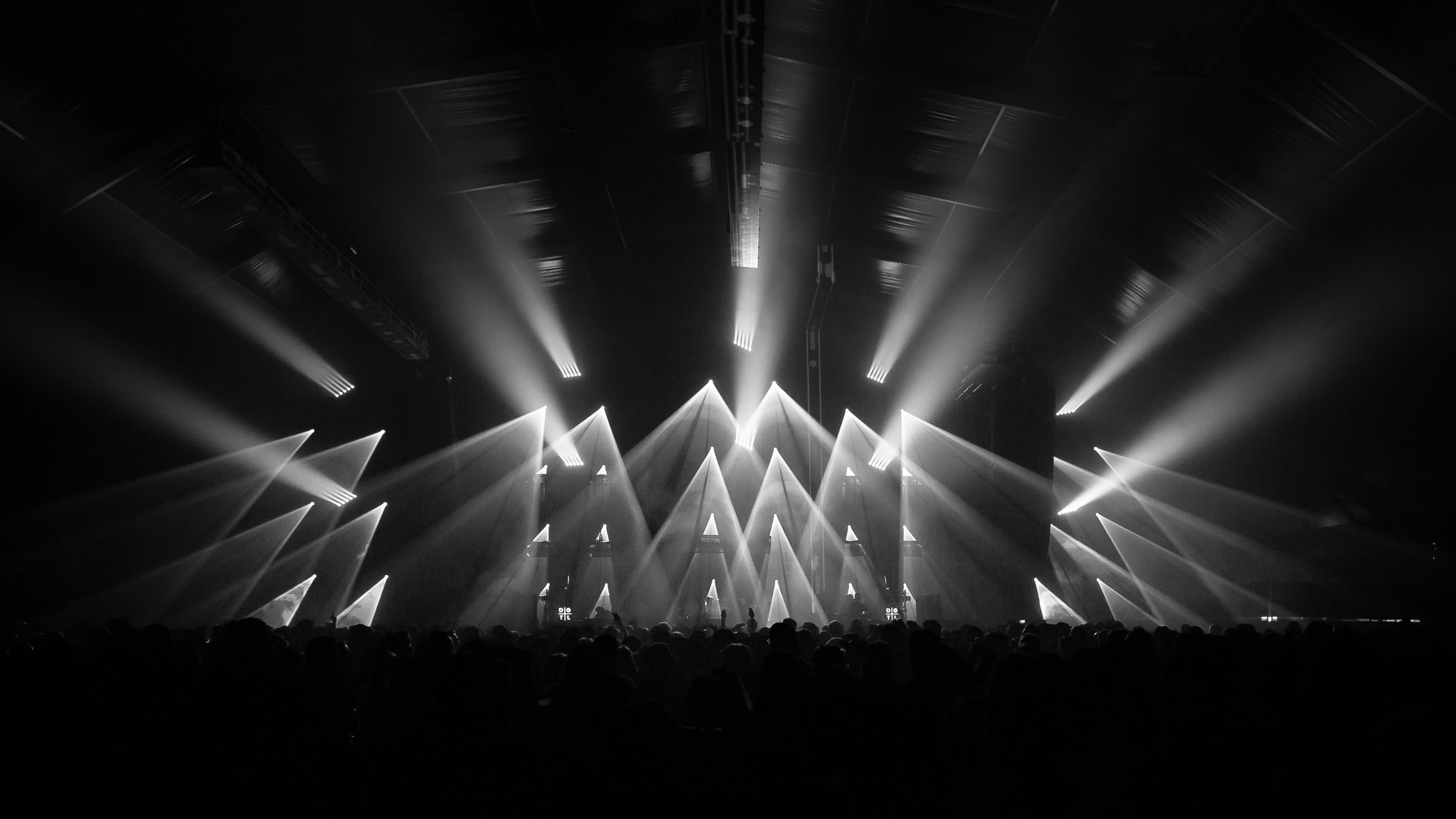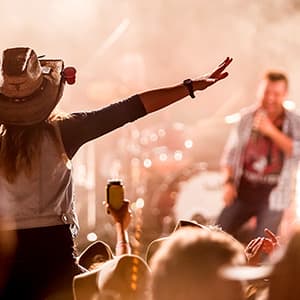

Bootleggers Tickets
Up to 30% Off Compared to Competitors.
Location: Select Location (e.g, New York)
Events Nearby
We're Sorry. There are currently no events near you.
About Bootleggers
In current events, bootleggers still exist but have evolved with technology, particularly in the realm of digital recordings and live streaming. Many artists now engage with their fanbase through live streams, offering exclusive content that can sometimes lead to unauthorized recordings. Recently, the live music industry has embraced both the challenge and the benefits of bootlegging in the digital age. For example, major artists like Pearl Jam and Radiohead have released official bootleg series, showcasing live performances and rare recordings, allowing fans to enjoy high-quality versions of what was previously deemed illicit. Festivals, such as Glastonbury and Coachella, have also embraced this phenomenon by offering live recordings for sale shortly after performances, catering to fans who want to relive the experience. Moreover, with the return of live events post-pandemic, there has been a surge in recorded performances being cherished and circulated among audiences, driving new generations to discover the thrill and artistry of live music. While bootleg recordings may remain contentious, the overall sentiment within the concert-going community is that they represent a celebration of musical experiences, connecting artists with fans in ways that have transcended time.
Bootleggers History
Bootleggers have a significant place in the history of live music, particularly during the Prohibition era in the 1920s in America. As the sale of alcoholic beverages was banned, the underground scene flourished, with illicit bars and speakeasies hosting live jazz performances, often attended by those looking to enjoy both music and a drink. Famous musicians, such as Louis Armstrong and Duke Ellington, became staples of these secret venues, captivating audiences despite the legality of their performances. As technology evolved, so did the definition of bootlegging. In the 1960s and 70s, it began to refer to the unauthorized recording of live concerts. These bootleg recordings allowed fans to hear live performances that they may have missed, thereby expanding the reach and impact of these artists. This practice played a crucial role in the music industry, particularly for groups like The Grateful Dead and Led Zeppelin. Their dedicated fanbases would often circulate recordings, allowing these bands to gain a broader audience and continue their legacies even after their heyday. By the 1980s and 90s, with the rise of personal recording devices, bootlegging became more accessible, and many artists began embracing these recordings as a form of free promotion. Today, the legacy of bootleggers is acknowledged both with nostalgia and as a fascinating chapter in the evolution of live music, signifying a time when the lines between artist and fan blurred, creating a sense of community and shared experience around live concerts.
